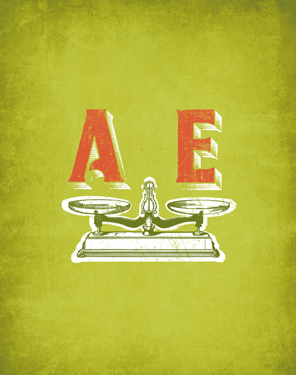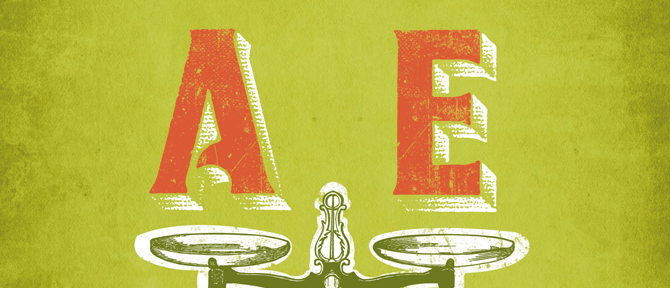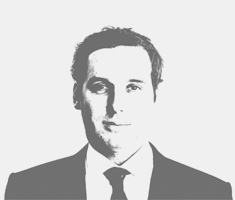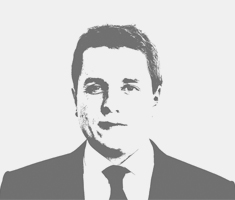Reputation, Ethics and Professional Practice
Nowadays, competition is at the forefront of market economics. Companies compete on behalf of their clients for the space they represent in a specific market. That is why they keep evaluating their product and service offerings, with the objective of differentiating themselves from their competitors and advertising their strengths while hiding their weaknesses.
Within this framework, lawyers work to participate in the market while bearing in mind the history and traditions of a profession that deals with justice. The fact that the raw material we work with is one of the cardinal virtues means, firstly, that we must show rigor in form, and respect for the appearance of our actions, and second, but more importantly, that our professional practice adheres strictly to its own deontological code.
We must ask ourselves, what is the legitimate manner in which lawyers can compete in a market whose ethical rigor is increasingly weakened?
Given the (necessary) limits imposed by this profession, we must ask ourselves, what is the legitimate way for lawyers to compete in a market whose ethical rigor is increasingly weakened? This question is not new: the Chilean Bar Association A.G. has expressed its concern and has taken control of the situation: until 2011, Article 13 of the Ethical Code (“EC”) included a 19th-century clause to regulate advertising, whereby the only way for lawyers to advertise was by handing out their business cards. Economic developments pressed the Chilean government to modify that provision, and in 2011, a new ethical code was created to replace Article 13 with one based on non-solicitation laws.
So, what is solicitation and how does it affect competition between lawyers? According to Article 13 of the new EC, it refers to “all communication actions a lawyer may initiate concerning one or more specific issues, addressed to a specific recipient, by himself or by means of third parties, with the objective of ensuring the hiring of his/her professional services.” Solicitation is expressly prohibited by the EC. This  prohibition imposes its limits with the objective of allowing clients to educate themselves. However, the law is exhaustive and restrictive in its content, since it only excludes actions addressed to friends and family members, clients or former clients, fellow lawyers or law firms, state bodies or actions for pro bono activities. Any activity conducted outside those groups is ethically condemned and, consequently, may be punished under the law.
prohibition imposes its limits with the objective of allowing clients to educate themselves. However, the law is exhaustive and restrictive in its content, since it only excludes actions addressed to friends and family members, clients or former clients, fellow lawyers or law firms, state bodies or actions for pro bono activities. Any activity conducted outside those groups is ethically condemned and, consequently, may be punished under the law.
It is obvious that the current legal market is radically different from that of the 1940s’, when the first EC passed. Currently, 3,500 lawyers graduate yearly from different Schools of Law throughout Chile. This figure shows the increase in law degree programs and the growing demand for legal advice. If there are more lawyers, they will be forced to compete for potential clients. However, competition does not preclude them from a basic duty: balancing two opposing forces, taking part in the market on one hand and, on the other, preserving the dignity of their profession.
Lawyers carry out socially relevant activities and, like in many other professions, there is an asymmetry in the management of information due to the fact that the client is largely unaware of the content of the service provided. In our profession, asymmetry becomes especially noticeable, since the services provided are assets1 of trust ((De la Maza Gazmuri, Iñigo, La tradicional dignidad de la profesión: abogado y publicidad en Chile (The traditional dignity of the profession: lawyers and advertising in Chile), Latin American and Caribbean Law and Economics Association (ALACDE) Annual Papers, p. 10.)) and, as such, they do not allow for a prior assessment of the service. A client can hardly accurately weigh the implications of legal service, the amount of work and abilities it requires and, therefore, its price. Consequently, lawyers must follow the ethical and deontological code that governs their discipline; otherwise, there is a risk of abuse of power based on the asymmetry of information, which violates the dignity of the profession.
There is still much room to maneuver in which lawyers and other law practitioners might encounter gray areas of ethics
The question is, how is it possible to reconcile both goals? From the point of view of the market and comparative experience, aggressive policies to attract clients are becoming the norm, balanced by more exhaustive controls on the pursuit of these practices and in detriment to those who try to control client portfolios. On the other hand, we have witnessed a growing dissemination of rankings and directories of law firms, used by clients to reevaluate their legal advisers and get to know other law firms undergoing growth or consolidation processes.
To conclude, the current EC tries to protect the profession’s ethical code while avoiding unscrupulous or oppressive offers. However, there is still much room to maneuver. Lawyers and other law practitioners may encounter gray areas of ethics where they will have to compete and make decisions based on their own understanding of the terms. We believe, firstly, that competition, in its broadest sense, must be tolerated as long as it is controlled; and secondly, that lawyers themselves, with the purpose of safeguarding the dignity of their profession, will have to give content to the limitations they must impose to be able to compete and advertise. As expressed in the new Article 13 of the EC, it is impossible to define the concept by establishing a positive law listing all of the cases in which lawyers are allowed to compete and how. The law is only valid in the form of a recommendation or explicit prohibition for isolated cases that are especially relevant. In all other situations, it must be lawyers themselves who have to decide.


